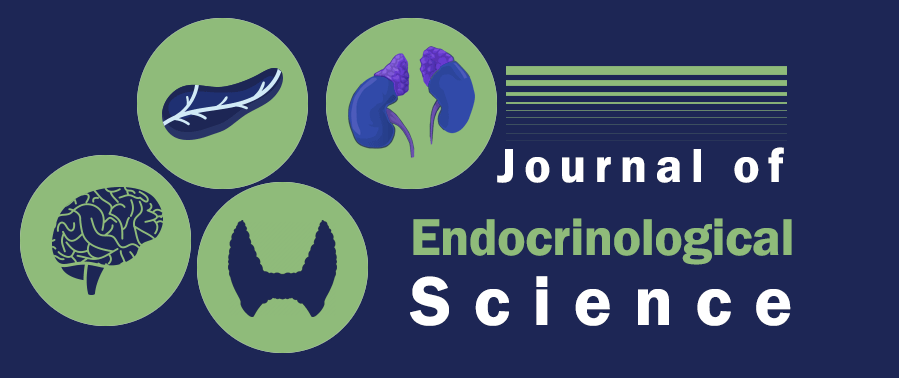Leptin Gene and Receptor Mutations and its Association with Obesity and Overweight: A Mini Review
Lorena V. Rincones Rojas, Amenaida C. Ferrer Marcano, Juan S. Mojica Muñoz, Angelica M. García, Luis G. Celis*
Faculty of Medicine – Universidad de la Sabana, Bogotá, Colombia
Overweight and obesity are considered a global epidemic in the twenty first century, it is a multifactorial disease due, in part, to a genetic component. The most common genetic alteration is one that affects the neuroregulatory pathway of Leptin, a fundamental hormone for appetite regulation. Mutations that affect the LEP gene are present in the different exons of this gene and have been described for many years. Although obesity due to a genetic mutation is not the most common cause, its diagnosis is of paramount importance since it can affect the quality of life and life expectancy of the patients suffering from this condition.
The purpose of this mini review is to present up-to-date evidence regarding Leptin gene mutations, possible treatment strategies such as Leptin Replacement Therapy (LRT), leptin sensitizers and anti-inflammatory drugs, and discuss the importance of stablishing health policies worldwide to achieve a timely and successful approach to this disease.
DOI: 10.29245/2767-5157/2020/2.1107 View / Download PdfReducing Risks from COVID-19: Cost-Effective Ways of Strengthening Individual's and the Population Immunity with Vitamin D
Sunil J. Wimalawansa
Professor of Medicine, Endocrinology & Nutrition, Cardiometabolic and Endocrine Institute, NJ, USA
In addition to being involved in the regulation of calcium and phosphate metabolism and the musculoskeletal functions, vitamin D has immune modulatory effects through several independent pathways. Its active hormone, calcitriol [1,25(OH)2D] effect both innate and adaptive immune systems essential for optimal immune functions. Vitamin D deficiency exacerbates immune-related disorders, including type 1 diabetes, multiple sclerosis, rheumatoid arthritis, psoriasis, respiratory infections, including COVID-19. In those with COVID-19, complications and the number of deaths is higher in those who are older than 70 years, persons with a darker skin colour and/or ethnic minorities living in colder climatic regions, institutionalized persons, and with pre-existing chronic diseases. These groups of people have exceedingly high prevalence of severe vitamin D deficiency and thereof weaker immune systems. Collectively, these increases the vulnerability to microbial infections, particularly respiratory viruses, and for developing severe complications and deaths. Vitamin D related immune protective effects includes, the generation of anti-microbial peptides cathelicidin and defensins and antibodies against invading pathogens; the initiation of immune defences via natural killer cells, macrophages, and epithelial cells; the enhanced expression of angiotensin-converting enzyme 2 (ACE-2) and diminish expression of inflammatory cytokines; and reduce replication and enhance elimination of viruses from the body. The severity of complications and deaths associated with COVID-19 markedly increases in the presence of severe hypovitaminosis D: serum 25(OH)D concentration of less than 10 ng/mL. Excess complications and deaths from COVID-19 can be cost-effectively prevented with rapidly boosting the immunity using upfront loading, high doses of vitamin D; this will create an equivalent of internal “body armour”-defence system, that protects against COVID-19.
DOI: 10.29245/2767-5157/2020/2.1112 View / Download PdfA commentary on: Vitamin D deficiency in non-autoimmune hypothyroidism; a case-control study
DOI: 10.29245/2767-5157/2020/2.1111 View / Download PdfSalma Ahi
Research Center for Noncommunicable Diseases, Jahrom University of Medical Sciences, Jahrom, Iran
